Technique
Learn LC-MS technique with expert-designed training covering key aspects of instrument setup and optimization. Understand the role of solvents, buffers, and additives in improving ionization efficiency and chromatographic performance. Explore flow rates and flow splitting for enhanced sensitivity and system compatibility. Gain in-depth knowledge of ionization techniques, including electrospray ionization (ESI), atmospheric pressure photoionization (APPI), and atmospheric pressure chemical ionization (APCI) for different compound classes. Understand practical LC-MS instrument setup, including tuning, calibration, and maintenance. Ideal for professionals in pharmaceuticals, environmental analysis, food safety, forensics, and clinical research, this course features video tutorials, multimedia content, and expert knowledge. Start learning today to optimize your LC-MS analysis and achieve high-quality results!
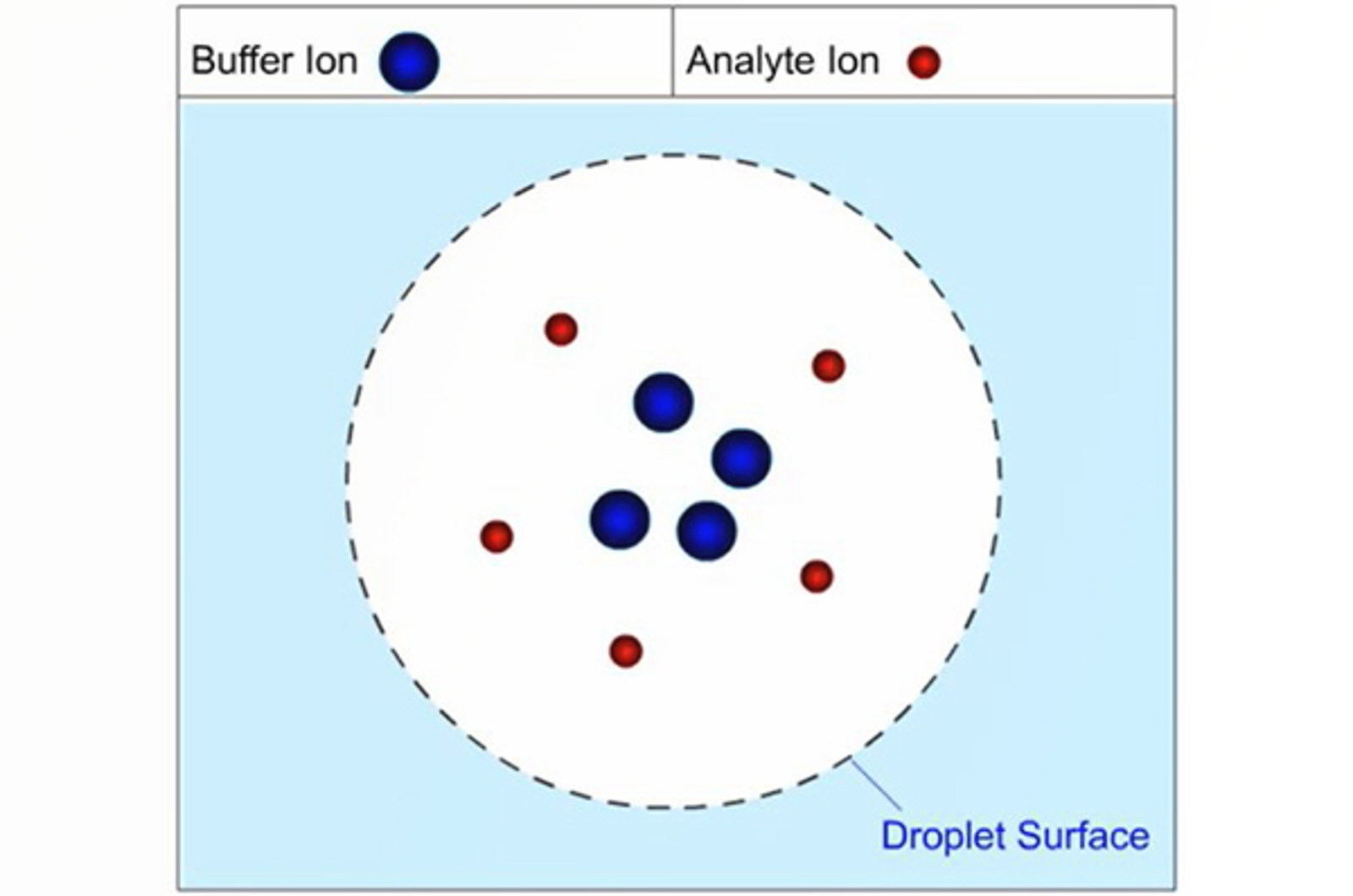
Solvents, Buffers, and Additives
In this module we will examine common additives used in LC-MS and explain the role of solvents, buffers and eluent pH in signal optimization.
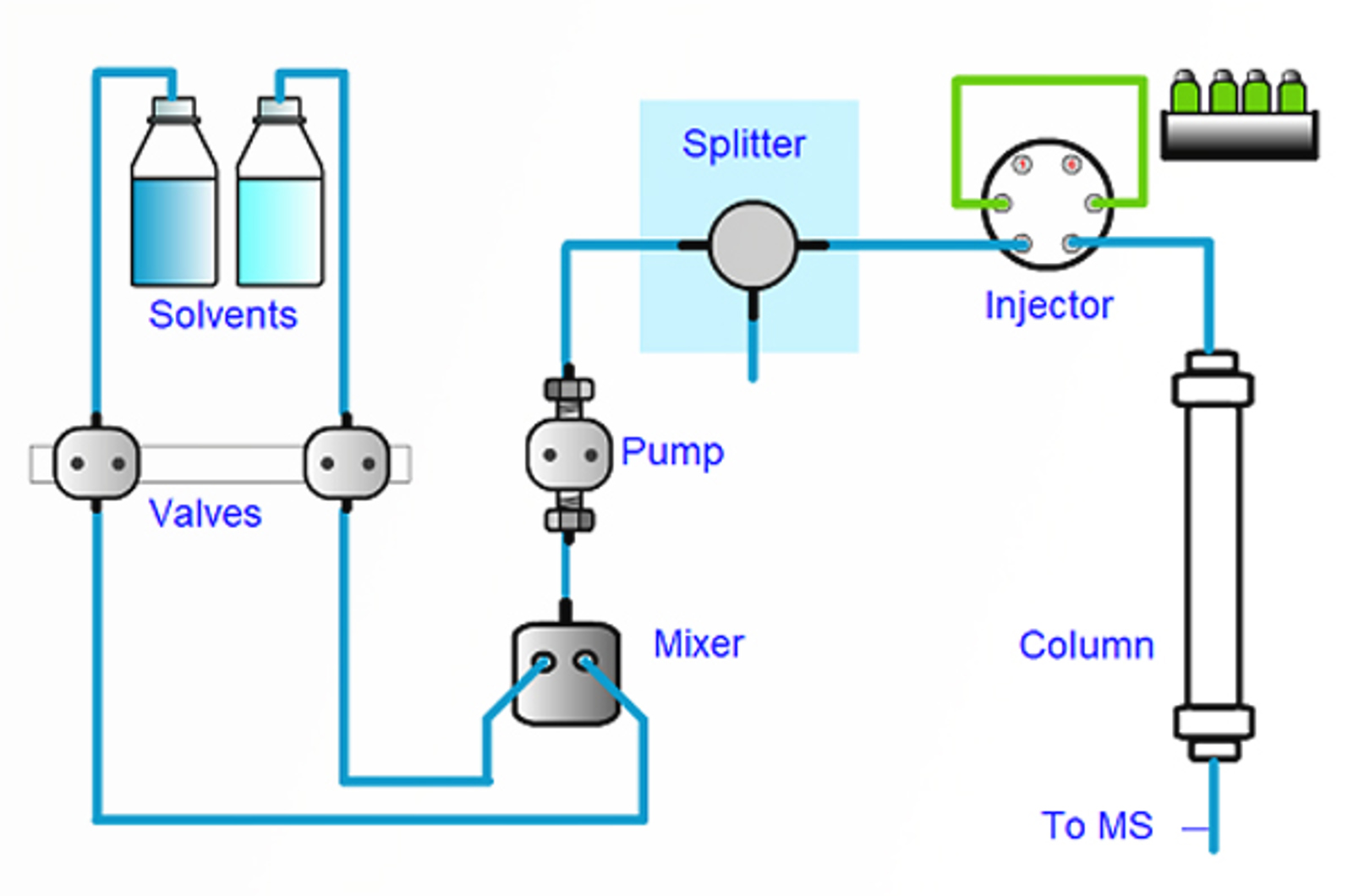
Flow Rates and Flow Splitting
This module discusses how flow rates can be altered, or flow splitting can be used, to allow the successful coupling of HPLC and MS detection.
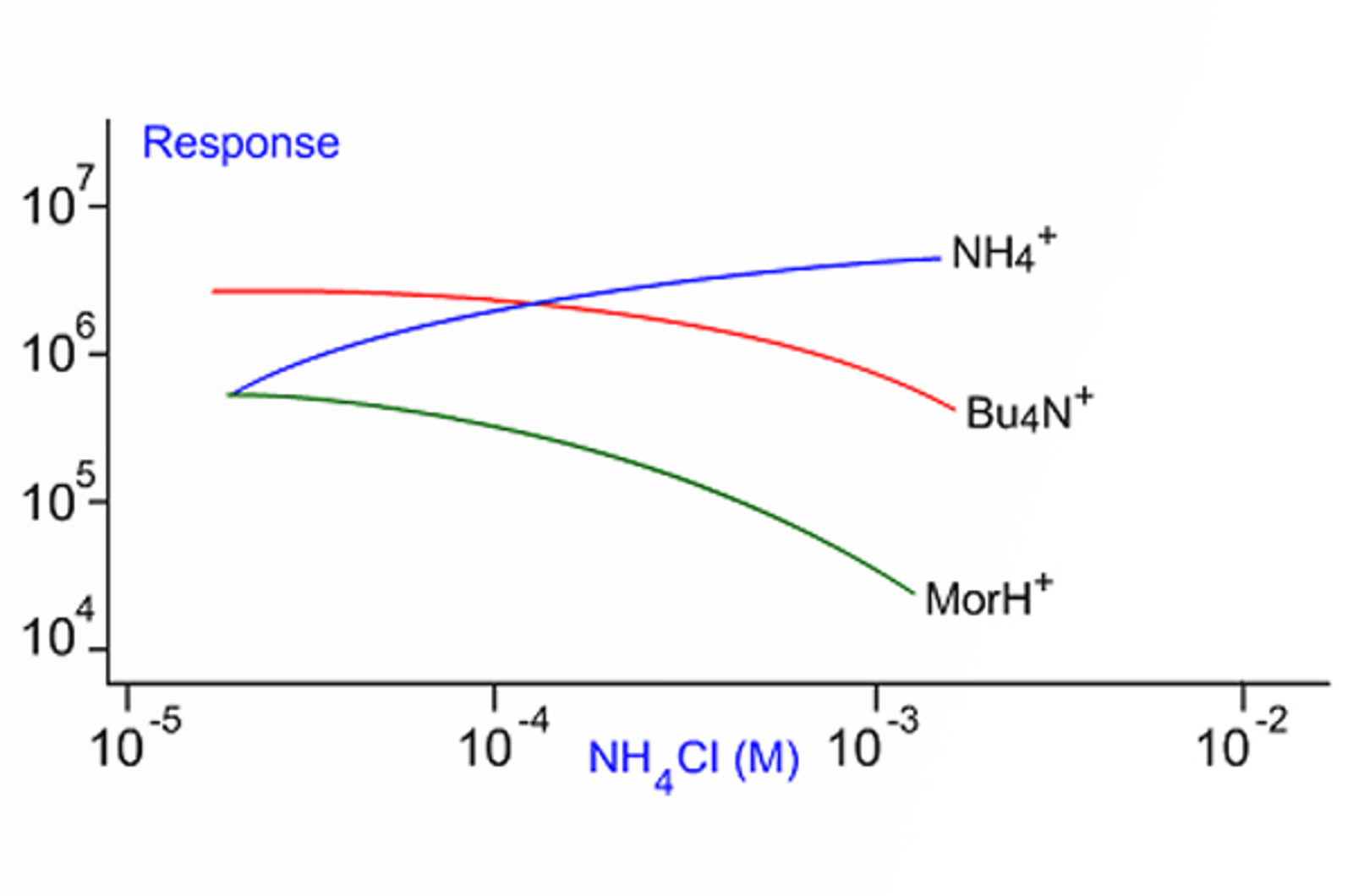
Electrospray Ionization (ESI) Technique
This module discusses important parameters when carrying out electrospray ionization (ESI). Find out practical tips for overcoming ion suppression, optimizing sprayer position, and the role pH plays in signal intensity.
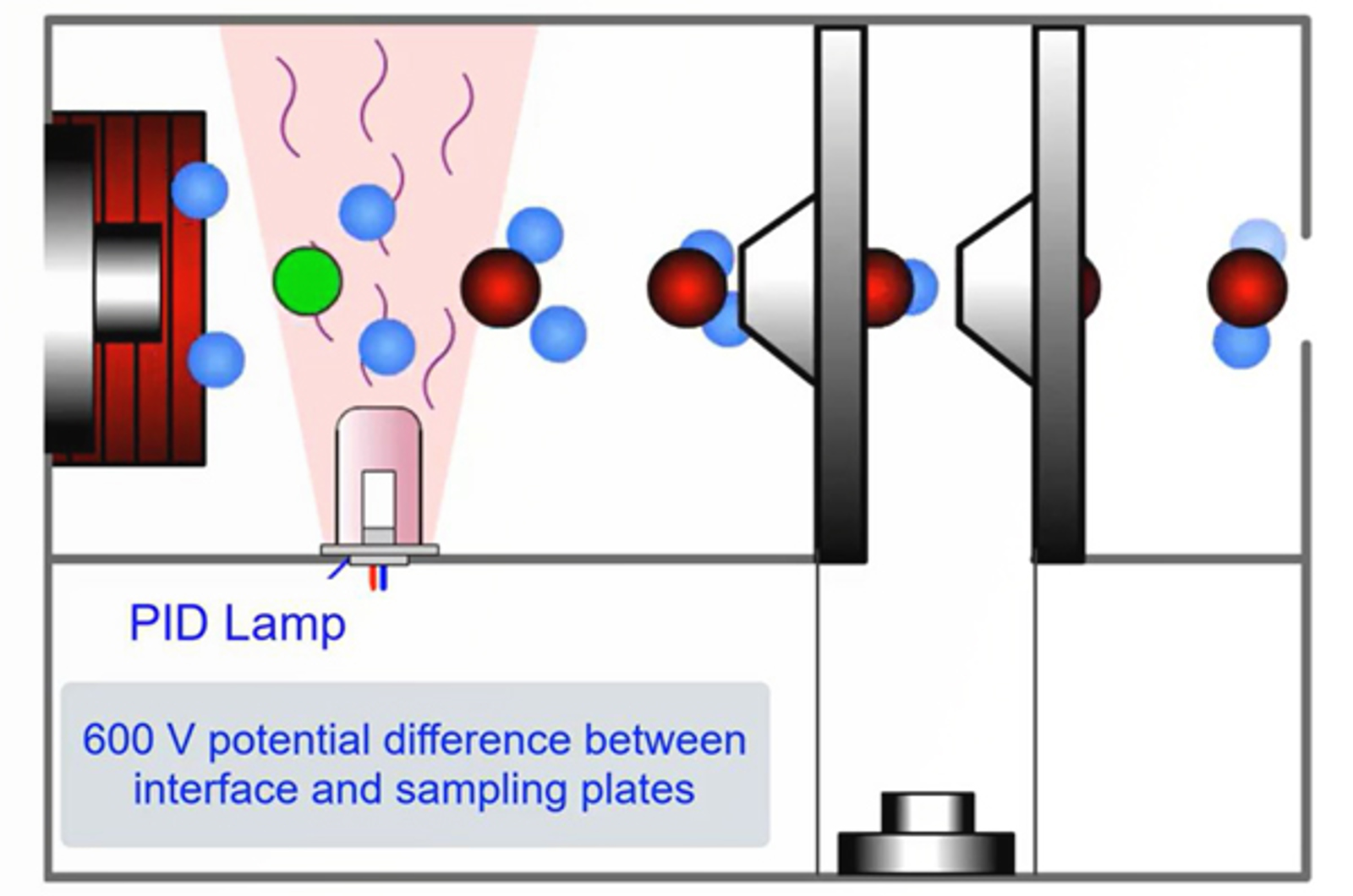
Atmospheric Pressure Photoionization (APPI) Technique
Atmospheric pressure photoionization (APPI) is a complement to ESI and APCI and has been developed to broaden the range of ionizable analytes at atmospheric pressure. In this module discover how to optimize experimental parameters when using APPI.
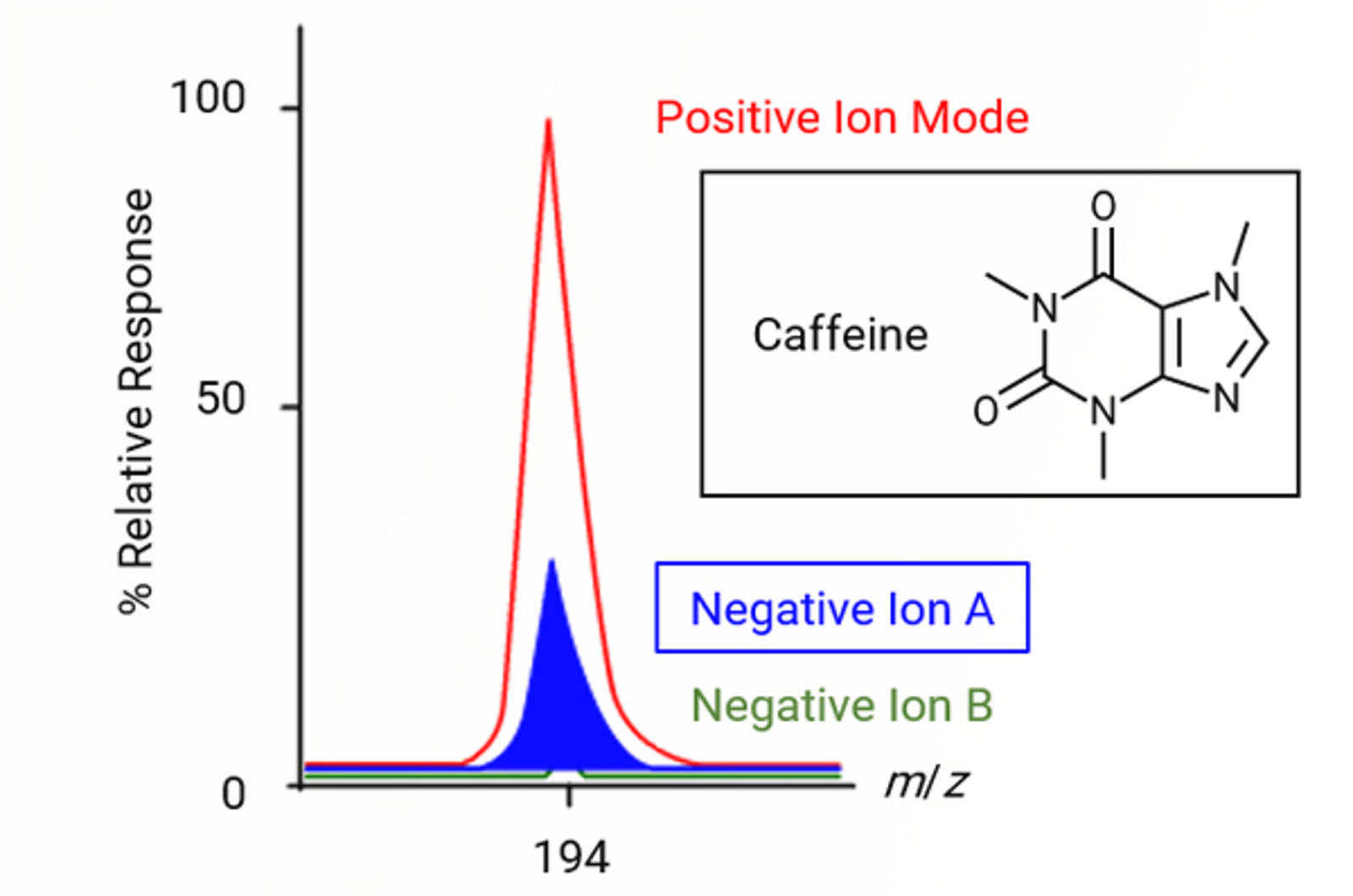
Atmospheric Pressure Chemical Ionization (APCI) Technique
This module explains the important parameters when using atmospheric pressure chemical ionization (APCI) and offers practical tips on source parameter optimization.
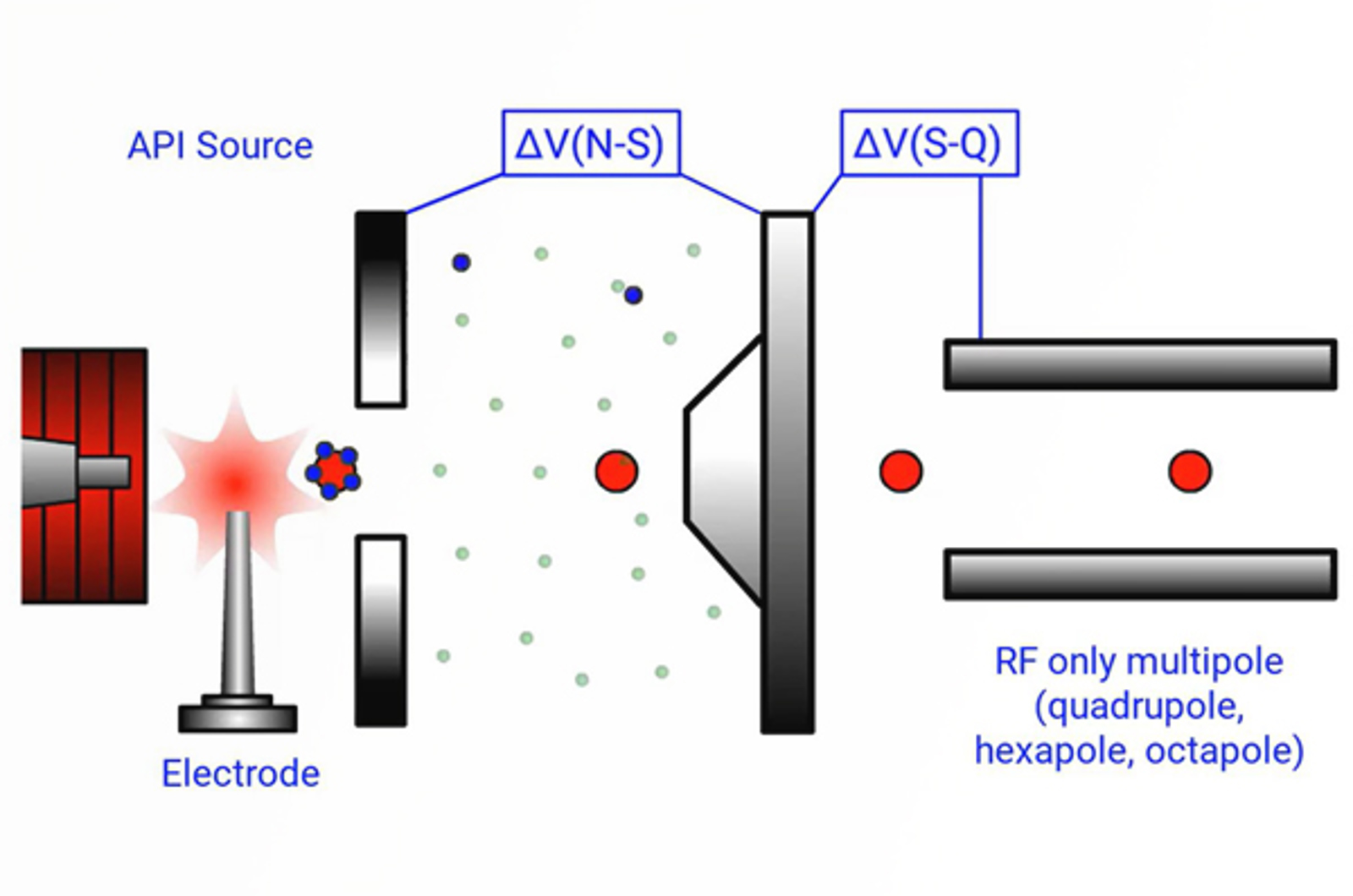
7 Must Know Points to Understand Atmospheric Pressure Chemical Ionization
Here is our 7 point guide to understanding the mechanism of atmospheric pressure chemical ionization (APCI).
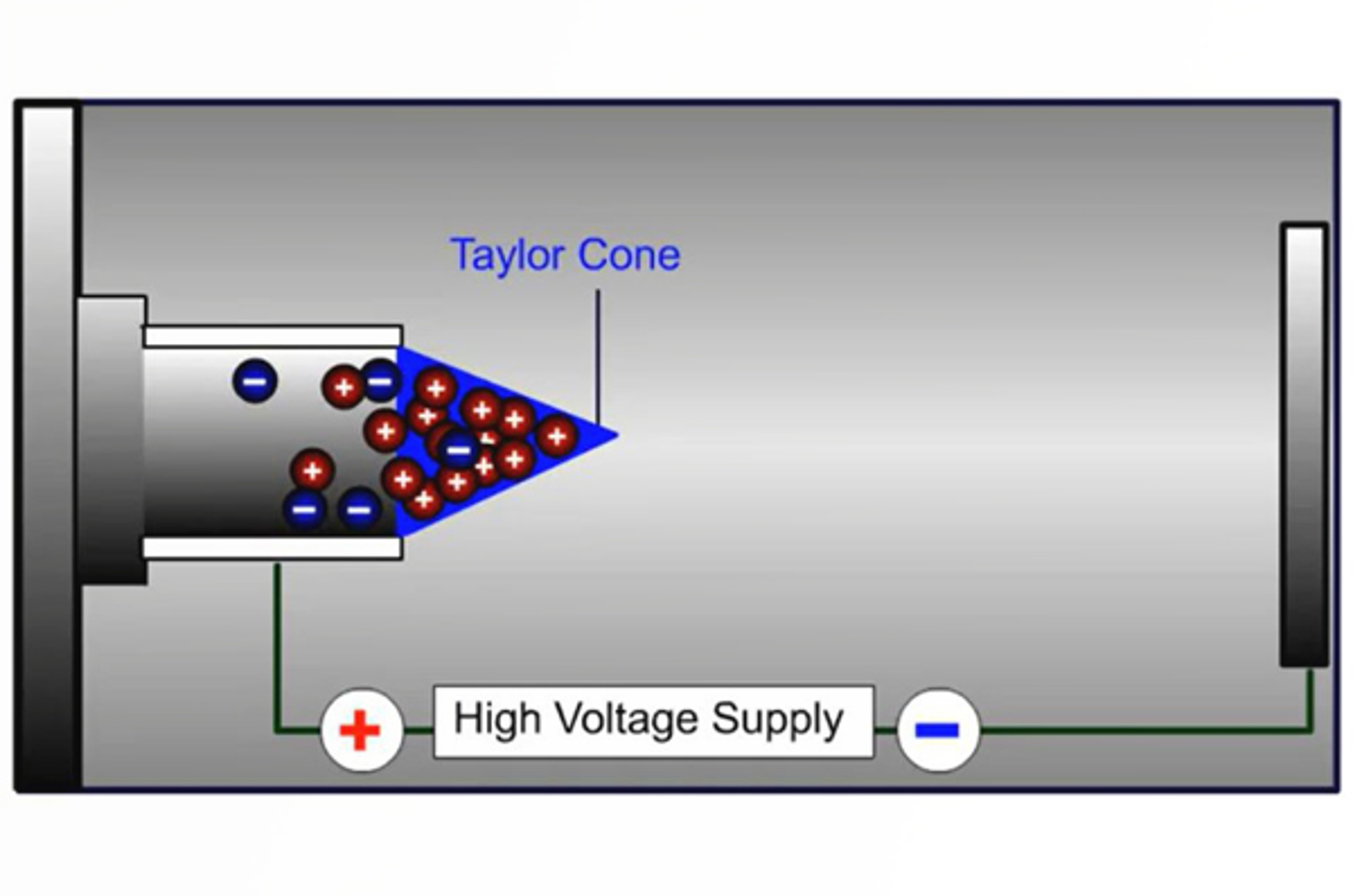
New to LC-MS? 10 Practical Tips That Will Make a Real Difference
Our top 10 tips for getting started with LC-MS.
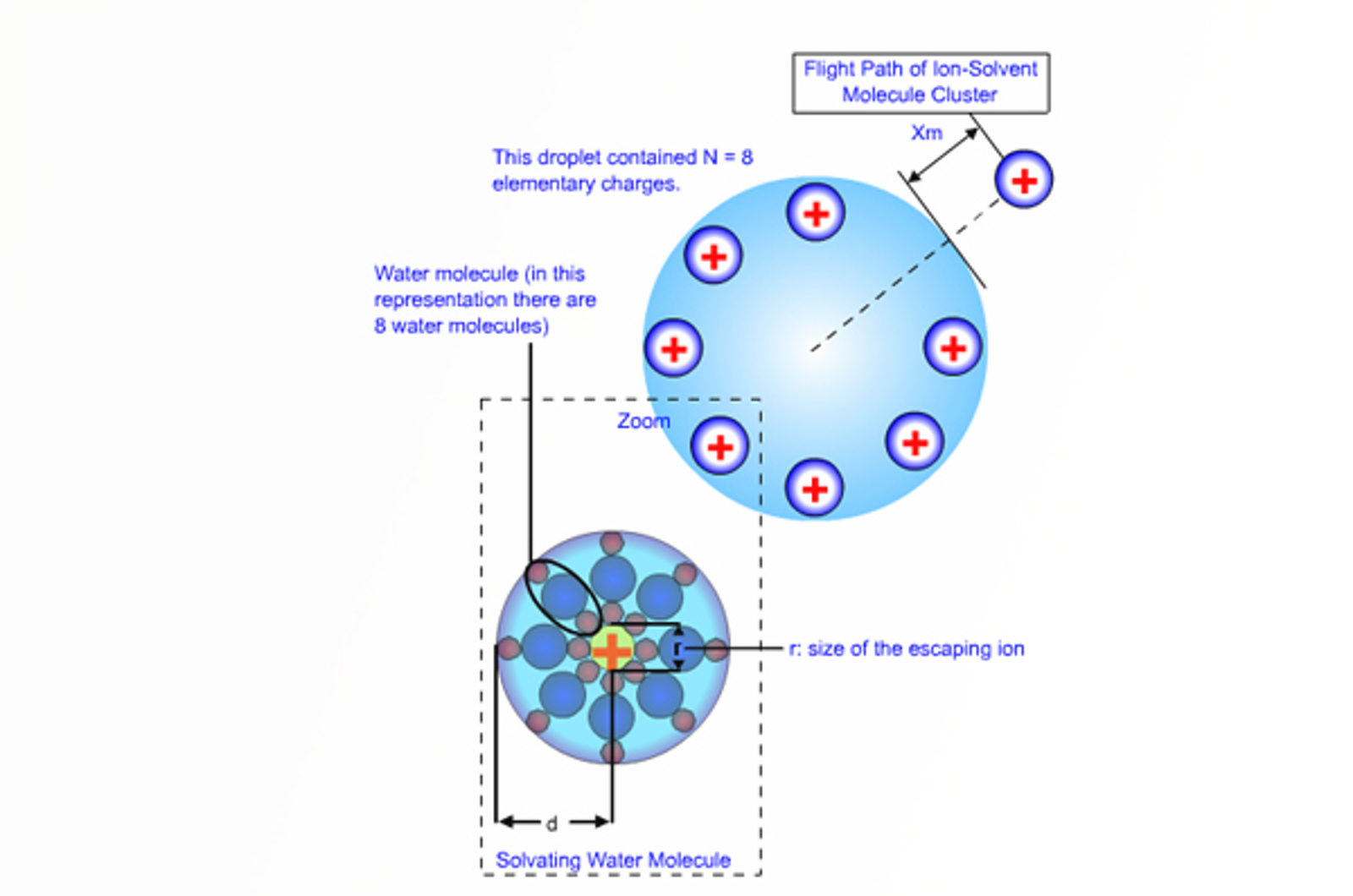
10 Must Know Points to Understand Electrospray Ionization
Everything you need to know to understand ESI in a bite-sized guide.
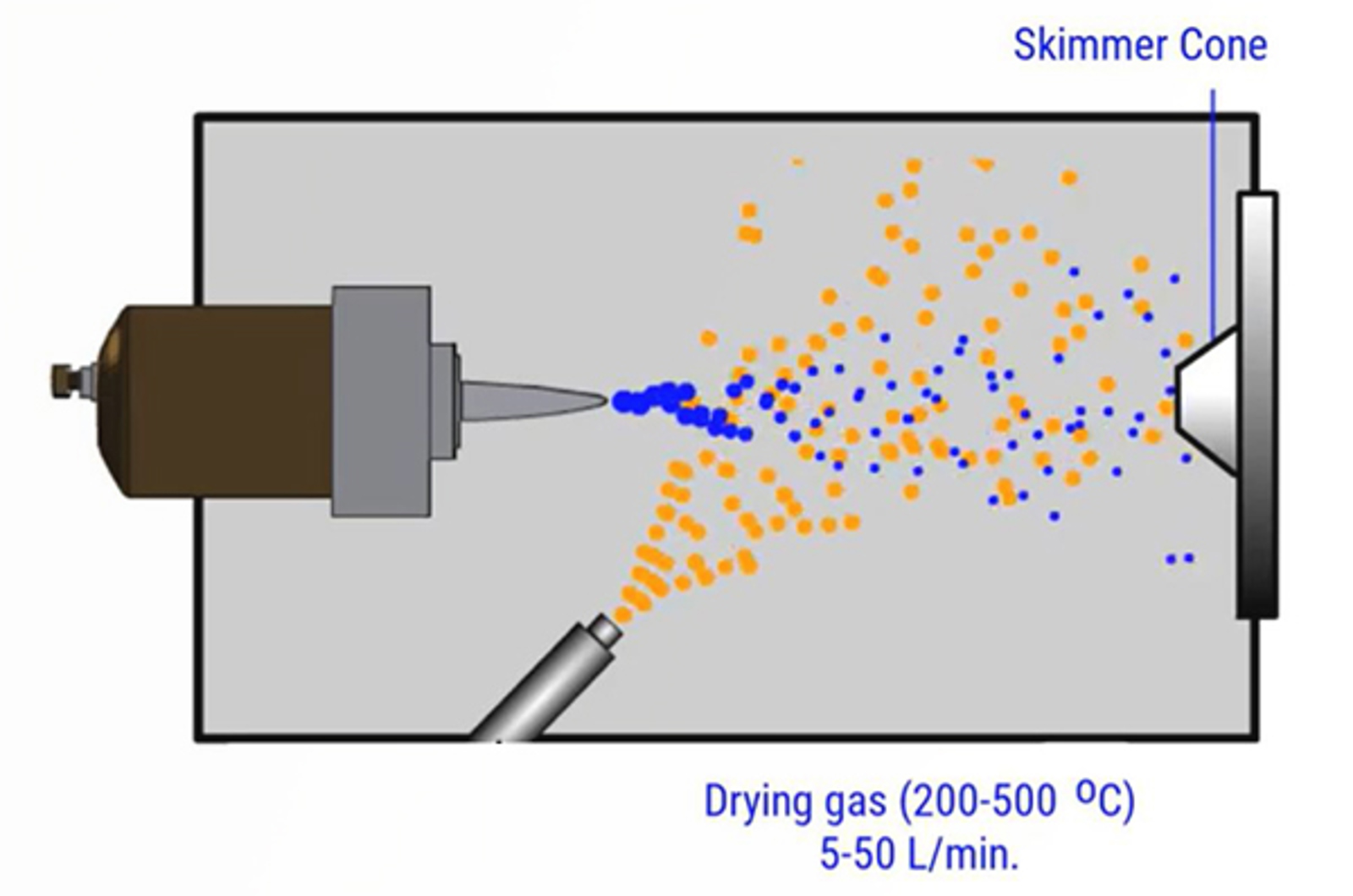
Electrospray Ionization (ESI) for LC-MS
In this webcast our industry experts help you to understand the fundamental basis of electrospray ionization mass spectrometry. Learn how to optimize the essential parameters and improve instrument response and reproducibility in your lab.
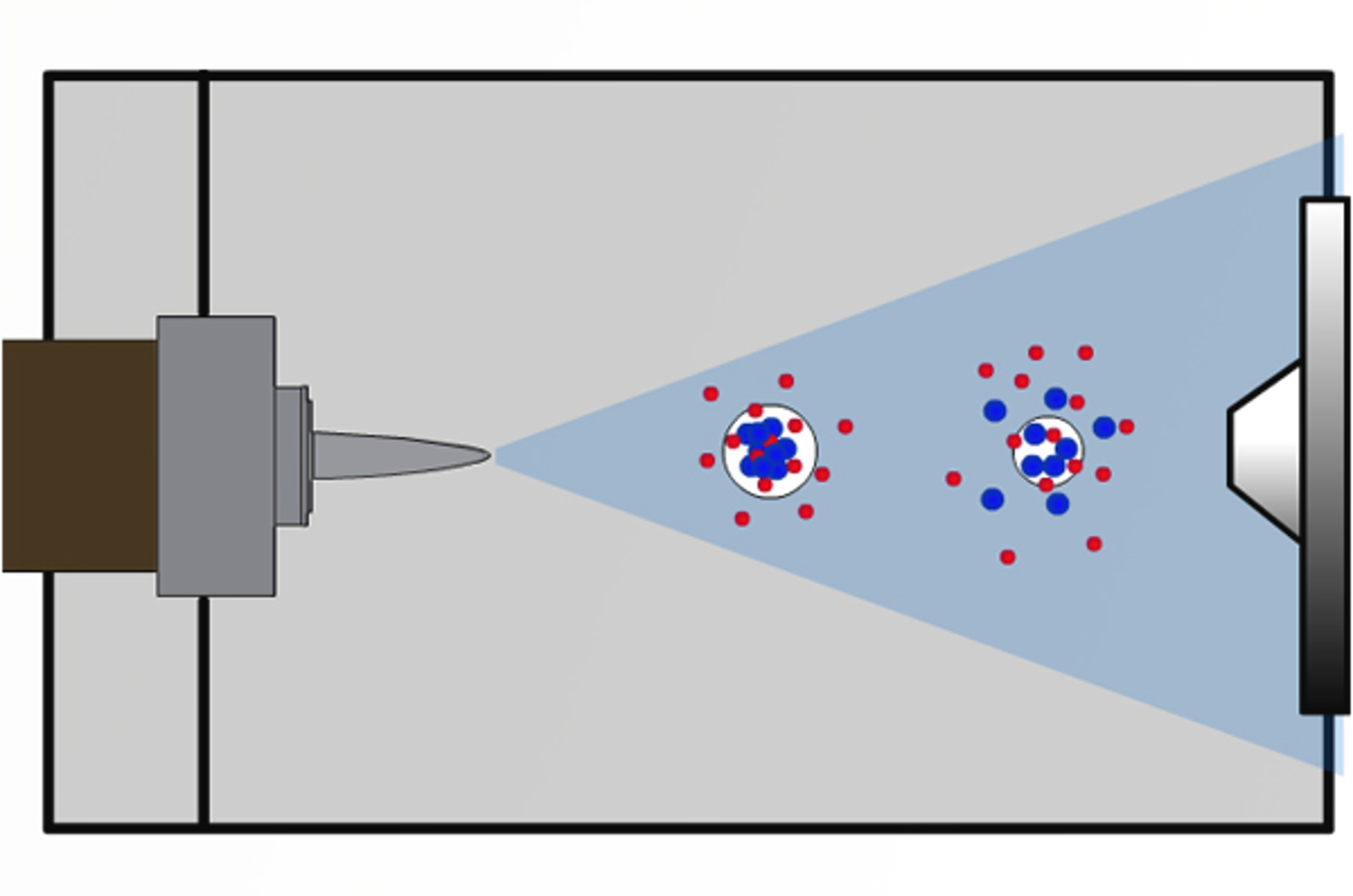
Optimizing API Interfaces
Many API interface parameters are set and never optimized to the detriment of the analysis. The fundamentals of the ionization processes involved in LC-MS will be detailed along with a discussion of the major components of ESI and APCI interfaces. We will look at the optimization of API interfaces and the effect that they can have on analytical results.
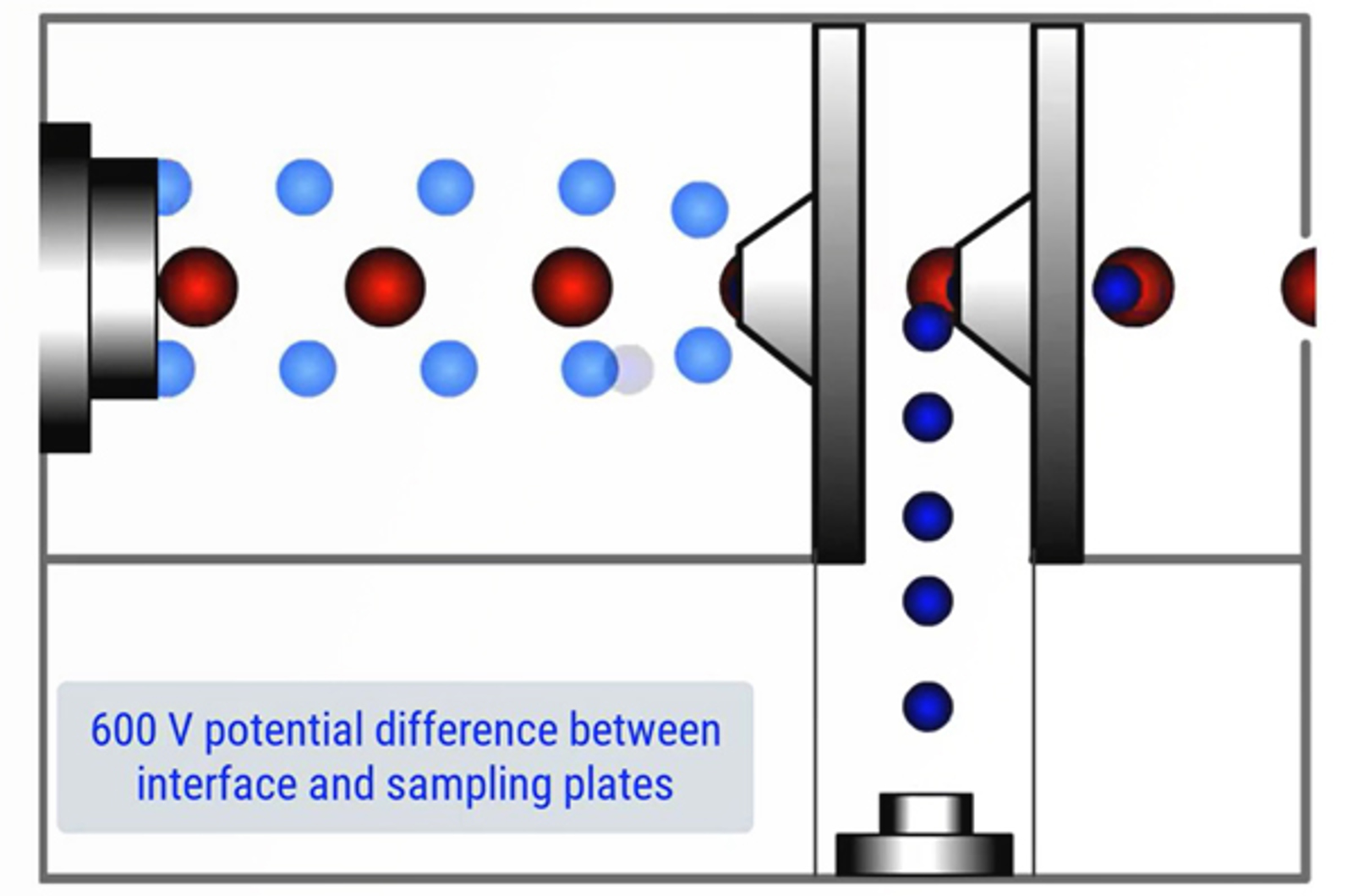
What LC-MS Operators Need to Know
Many people use HPLC with mass spectrometric detection without properly understanding the working principles or key parameters. Every LC-MS operator should have certain knowledge and skills to produce the right quality data in the most efficient manner. This webcast highlights this knowledge and provides a very pragmatic guide to the day to day operation of an HPLC system with mass spectrometric detection as well as a valuable insight into the important variables from any LC-MS method.
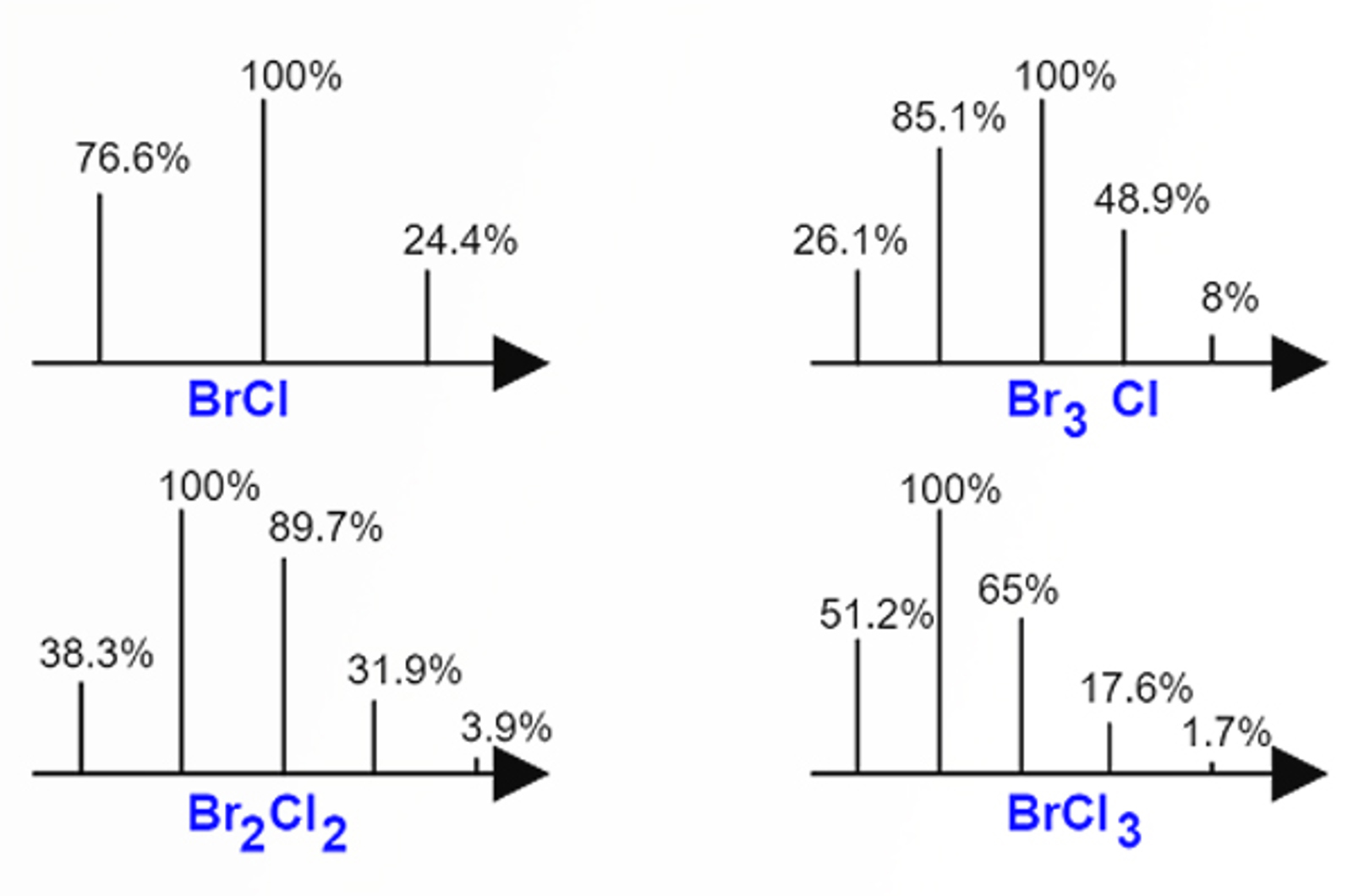
LC-MS Interpretation
This module introduces the principles and fundamental concepts of mass spectral interpretation.
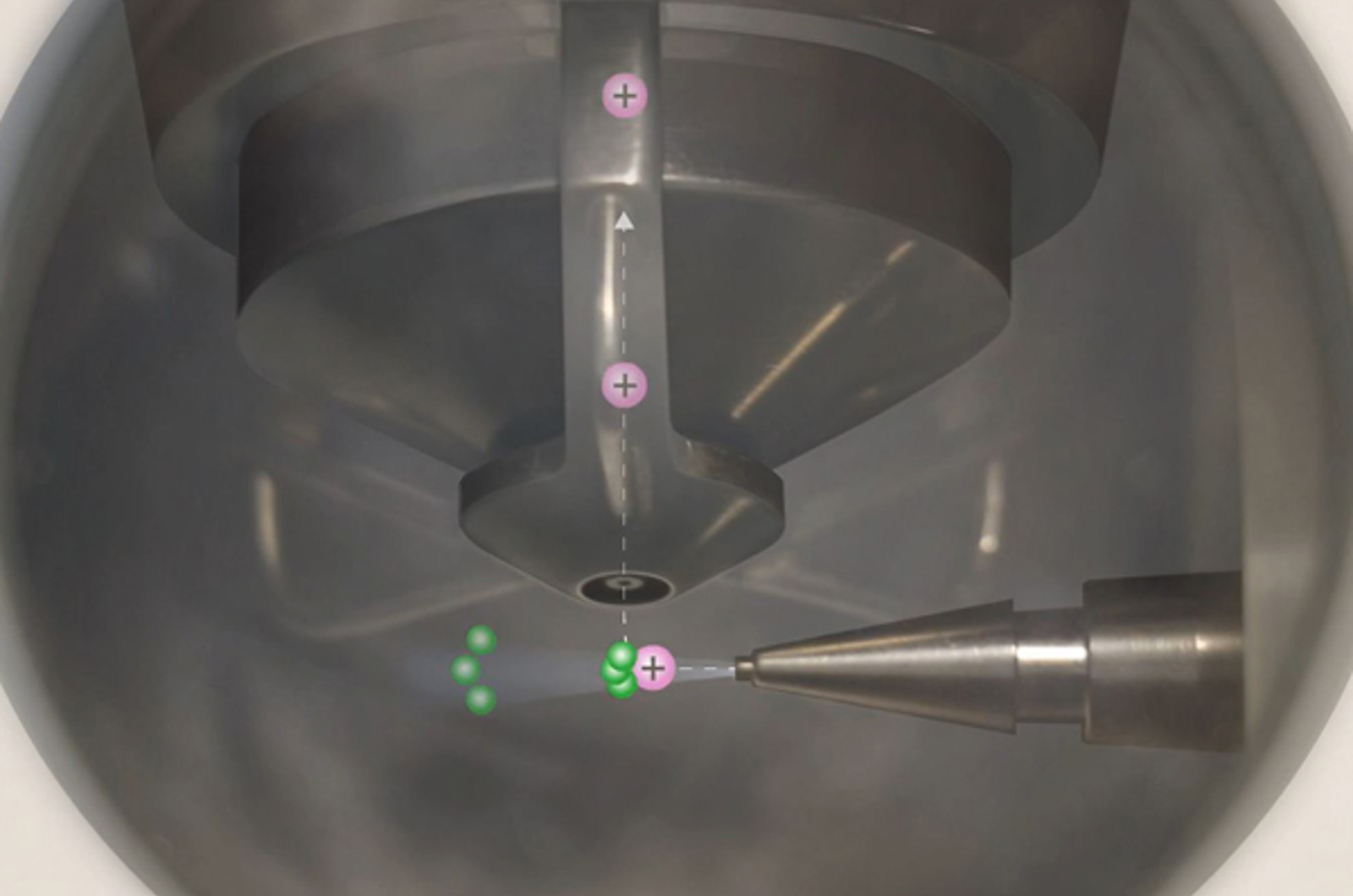
Practical LC-MS Video Bootcamp
Working at a real LC-MS system and with real data, our technical team methodically take you through the practical process of LC-MS; from basic instrument setup, to mobile phase and signal optimization, and up to complex MS/MS experiments.

LC-MS - Effect of Solvent Type and pH
This video will provide you with information on how solvent and type and pH affect LC-MS analyses allowing you to make informed choices when designing methods.
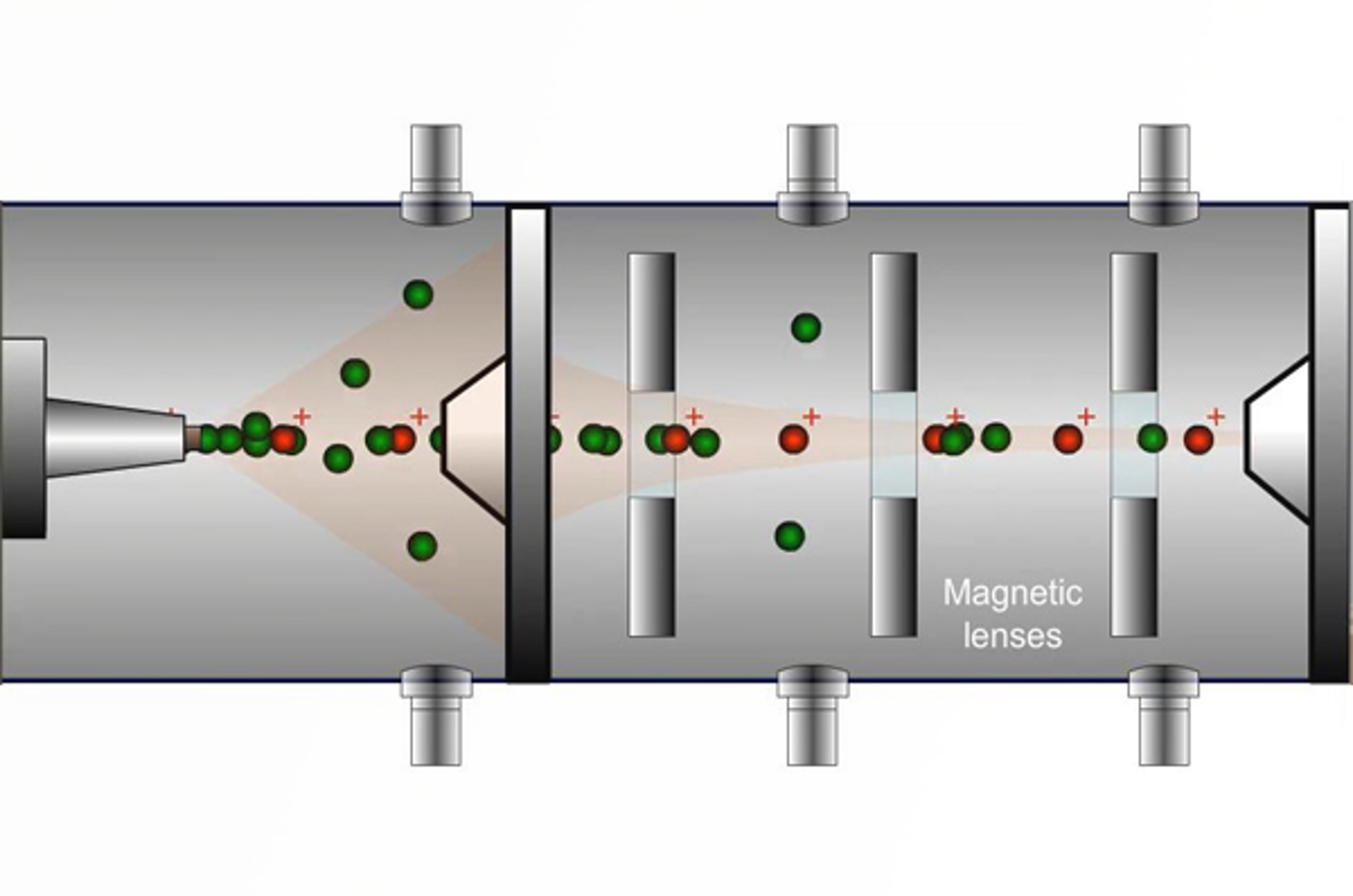
CHROMTalks Mass Spectrometry Series
Highly experienced speakers from industry and academia take some time to discuss their past (and more recent) experiences with chromatography and impart their key learnings. From heroic failures that have taught them valuable lessons, to moments of inspirational serendipity, and everything in between, these relaxed, unconventional, and often humorous presentations will be invaluable to everyone working in separation science.
